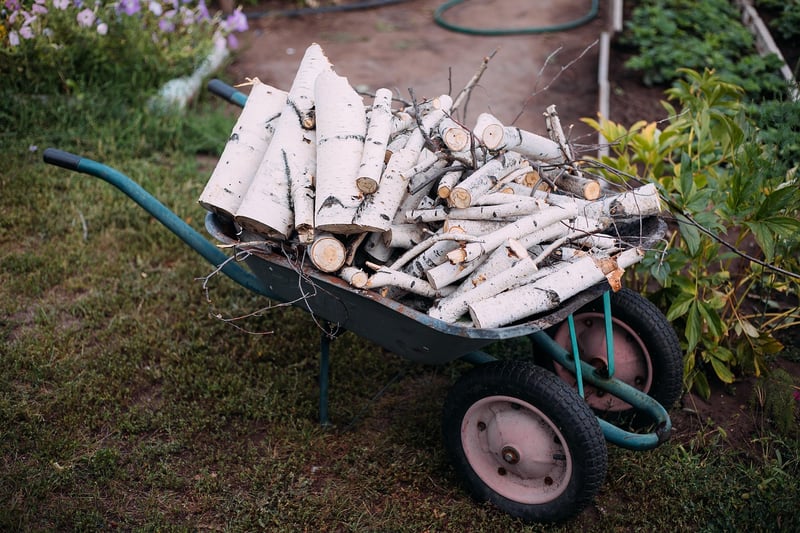Preventive Measures
Protecting Your Plants: Preventive Measures
Plants are a vital part of our ecosystem, providing oxygen, beauty, and a sense of tranquility. However, they are also susceptible to various threats that can hinder their growth and health. To ensure your plants thrive, it's crucial to take preventive measures to protect them. Here are some tips to safeguard your beloved greenery:
1. Proper Watering
Watering your plants correctly is essential for their well-being. Overwatering can lead to root rot, while underwatering can cause wilting. Be sure to water your plants according to their specific needs, considering factors like the plant type, soil type, and environmental conditions.
2. Adequate Sunlight
Plants need sunlight to carry out photosynthesis, a process crucial for their growth. Ensure your plants receive adequate sunlight based on their sunlight requirements. Place sun-loving plants in sunny spots and shade-loving plants in shaded areas to prevent sunburn or stunted growth.
3. Soil Quality
Healthy soil is the foundation for healthy plants. Use high-quality soil that provides proper drainage and nutrients for your plants. Consider enriching the soil with compost or fertilizers to promote robust growth and resistance to diseases.
4. Pest Control
Keep an eye out for common plant pests like aphids, mealybugs, and spider mites. Regularly inspect your plants for any signs of infestation, such as yellowing leaves or sticky residue. Use natural remedies or insecticidal soaps to control pests and prevent damage to your plants.
5. Pruning and Maintenance
Pruning helps improve air circulation, remove dead or diseased parts, and shape the plant for better growth. Regularly prune your plants to promote healthy foliage and prevent overcrowding, which can attract pests and diseases.
6. Mulching
Applying mulch around your plants helps retain moisture, suppress weeds, regulate soil temperature, and improve soil structure. Use organic mulches like shredded leaves or bark chips to provide these benefits while enhancing the aesthetics of your garden.
7. Protection from Extreme Weather
Extreme weather conditions like frost, heatwaves, or strong winds can harm your plants. Take precautions by covering sensitive plants during frost, providing shade during heatwaves, and securing plants in windy conditions to prevent damage.
By implementing these preventive measures, you can safeguard your plants and create a thriving garden filled with lush greenery. Remember, a little care and attention go a long way in ensuring your plants remain healthy and vibrant.

Protect your plants, and they will reward you with their beauty and vitality!
For more gardening tips and plant care advice, visit Royal Horticultural Society.
